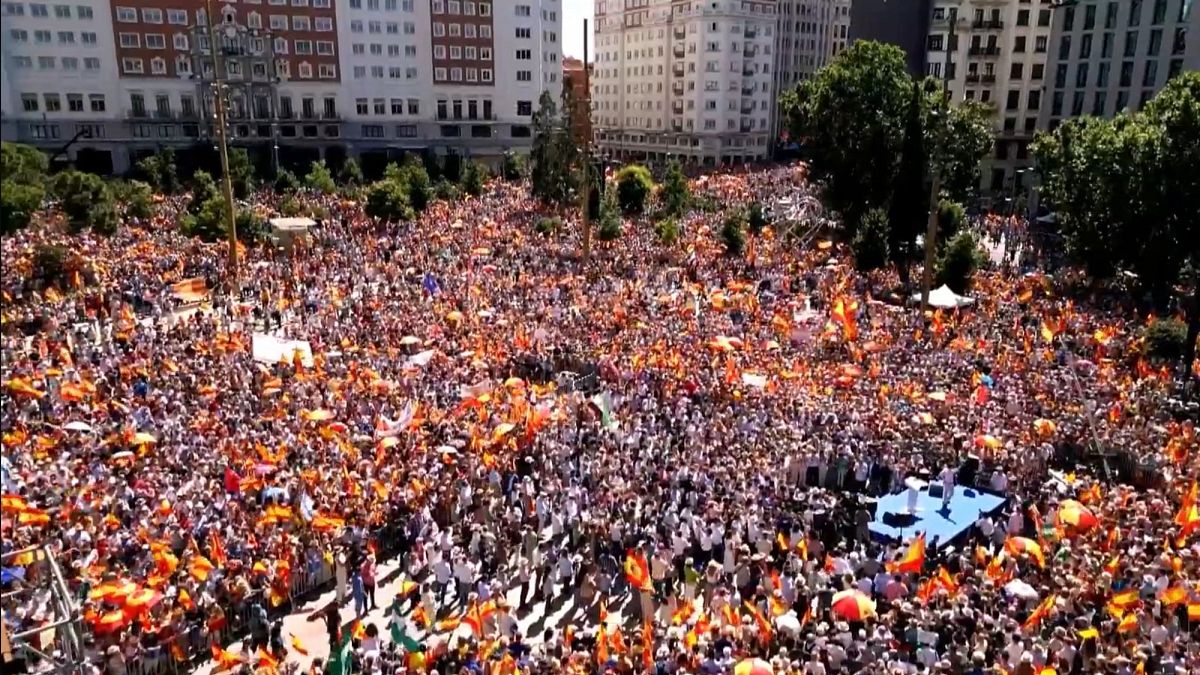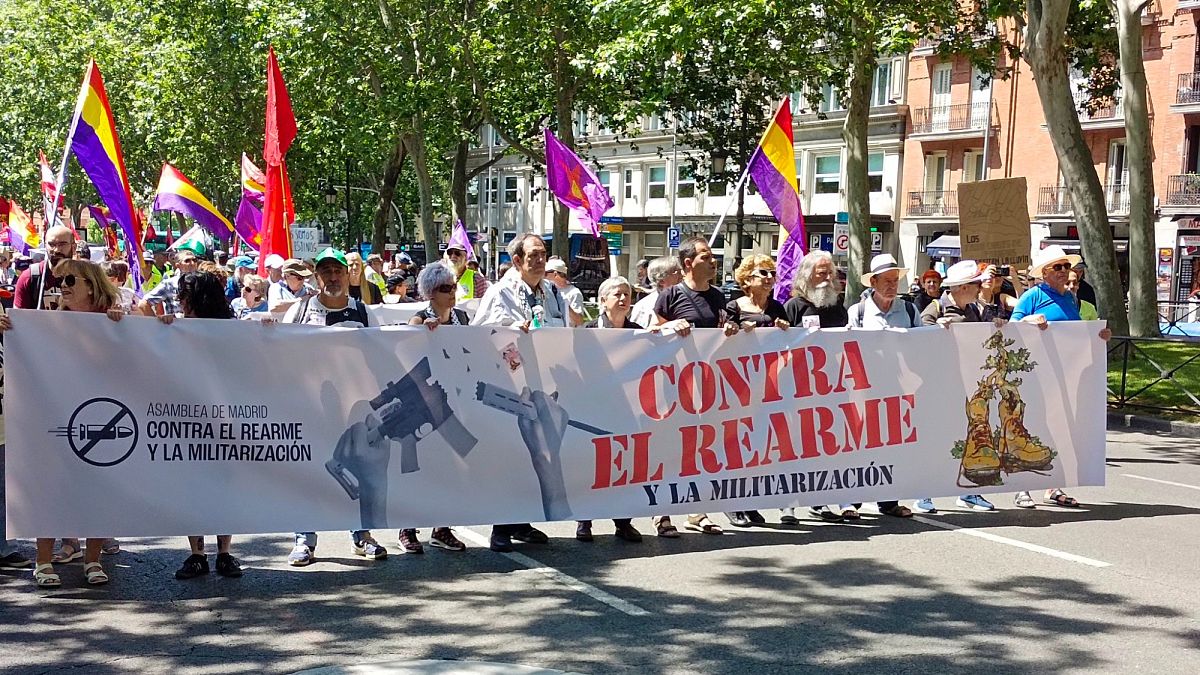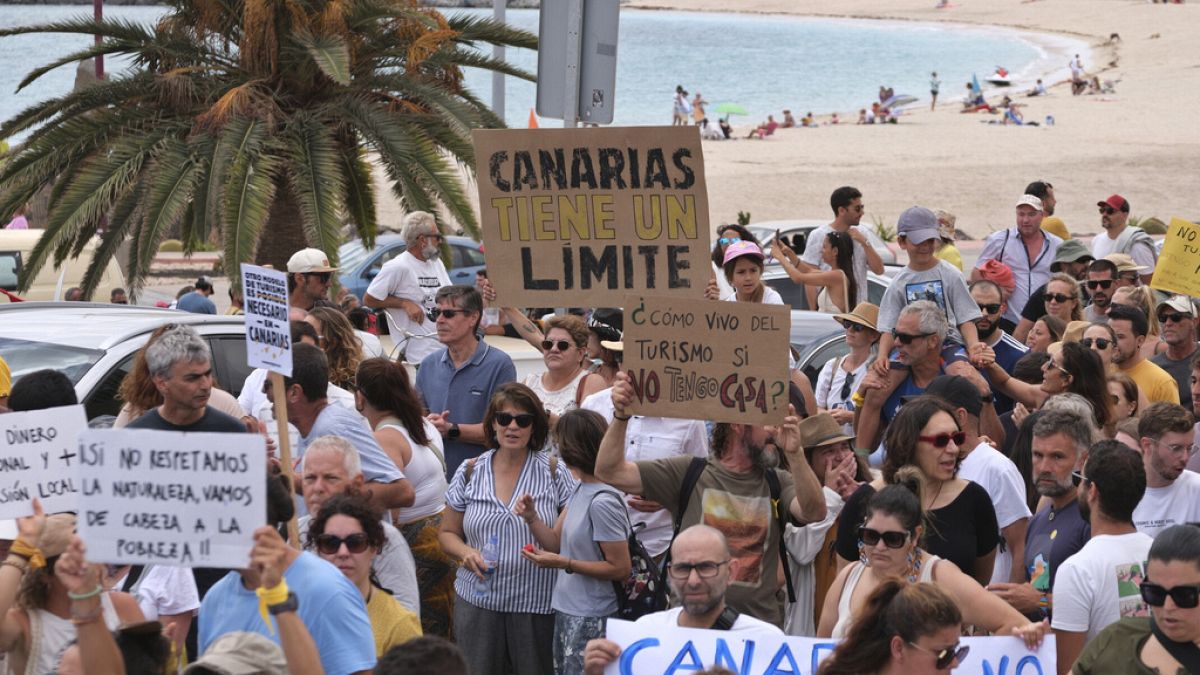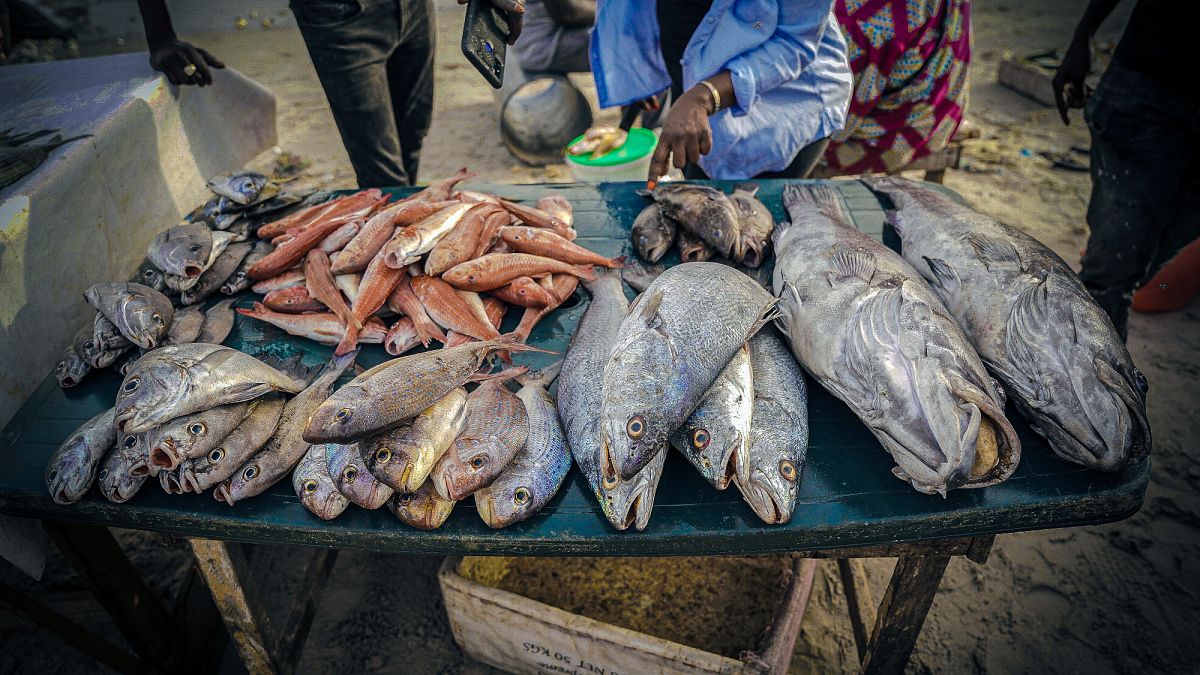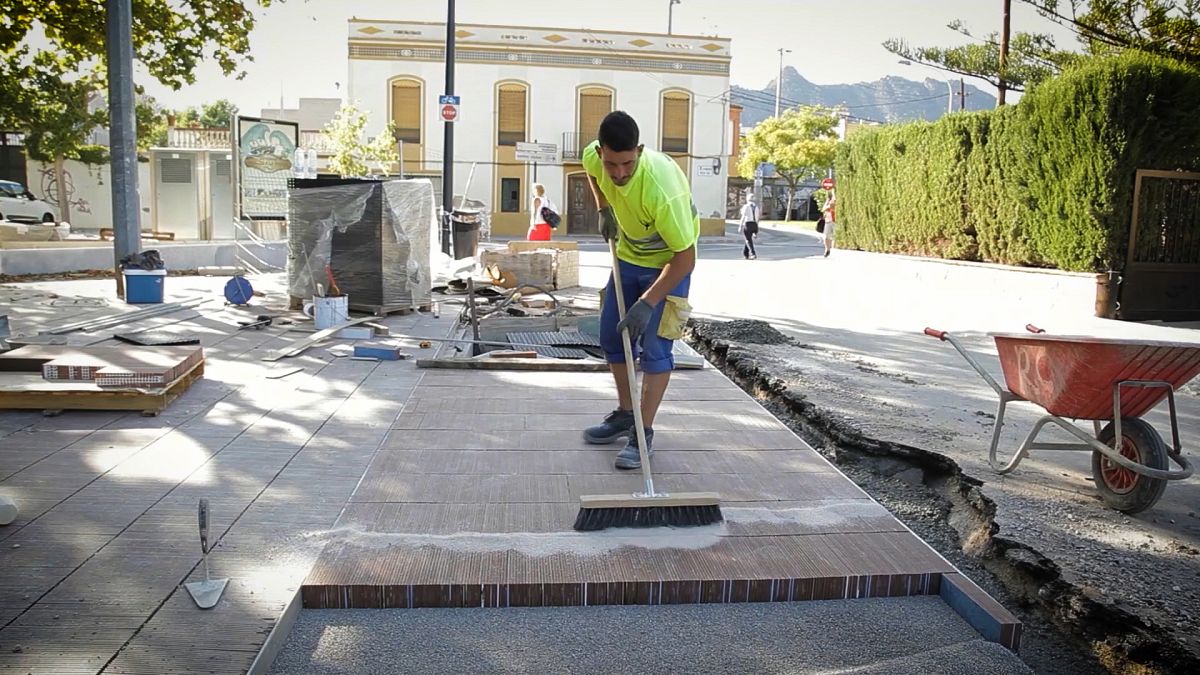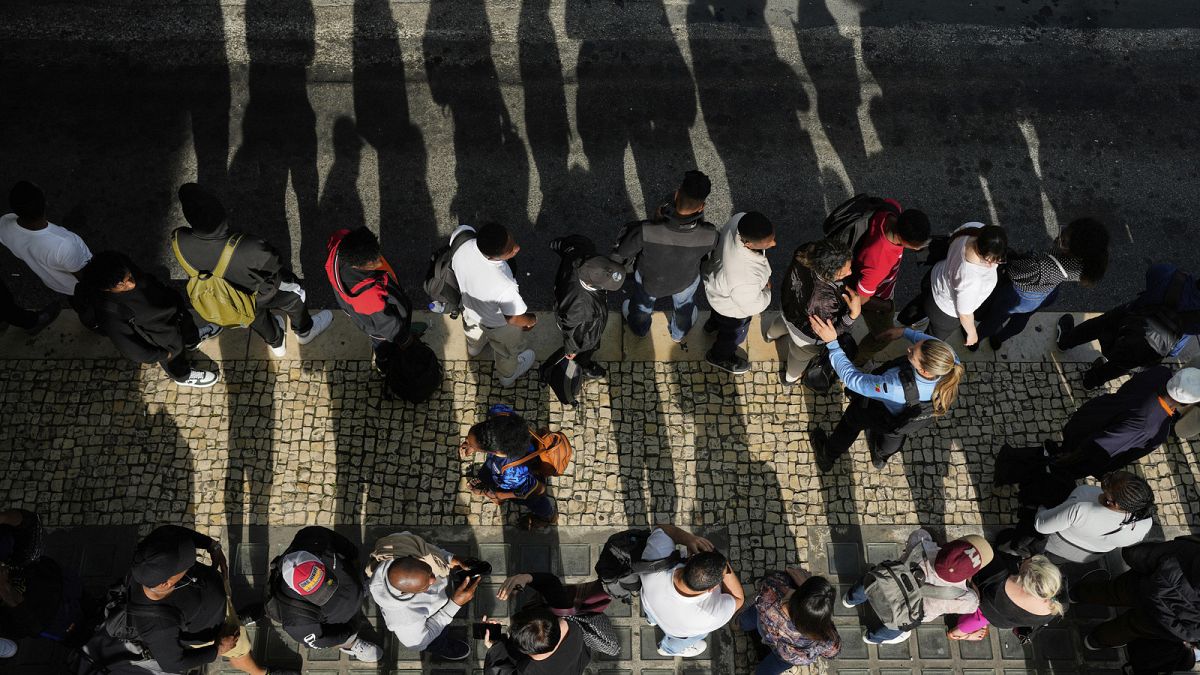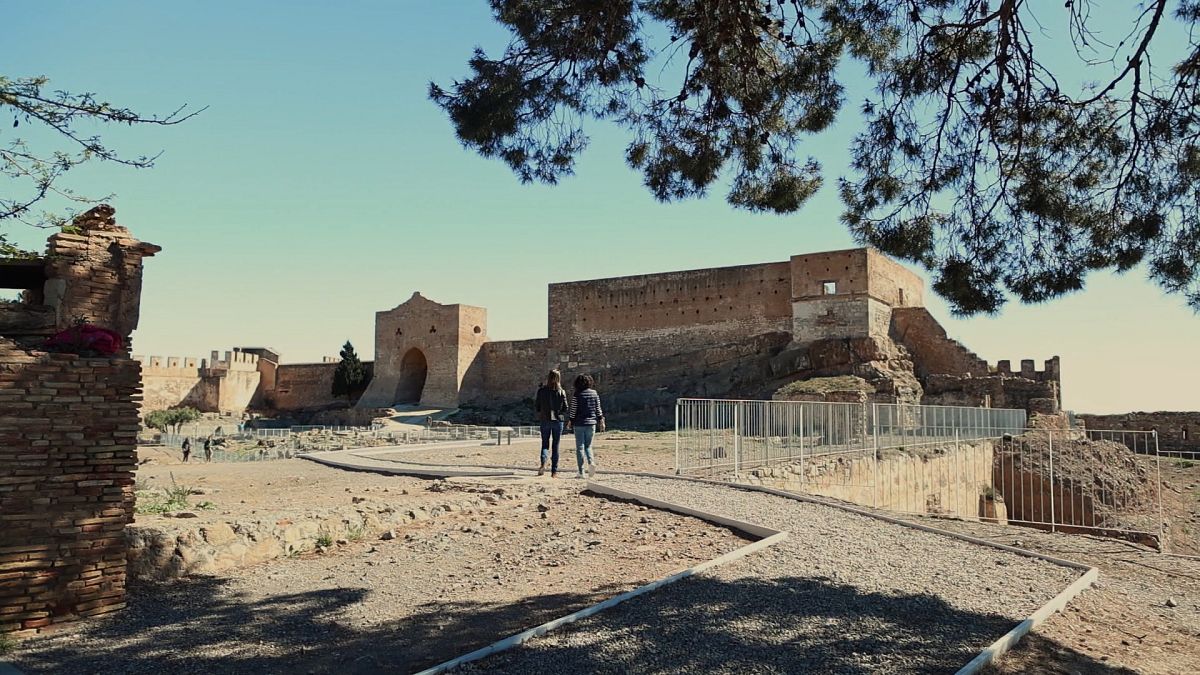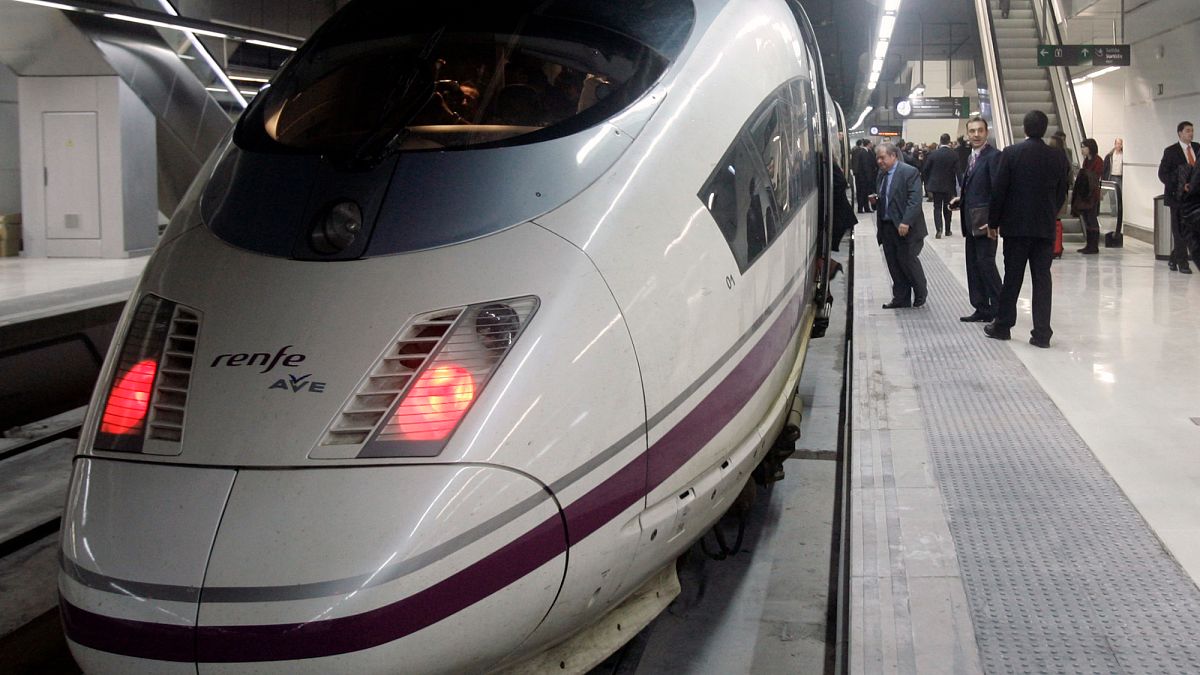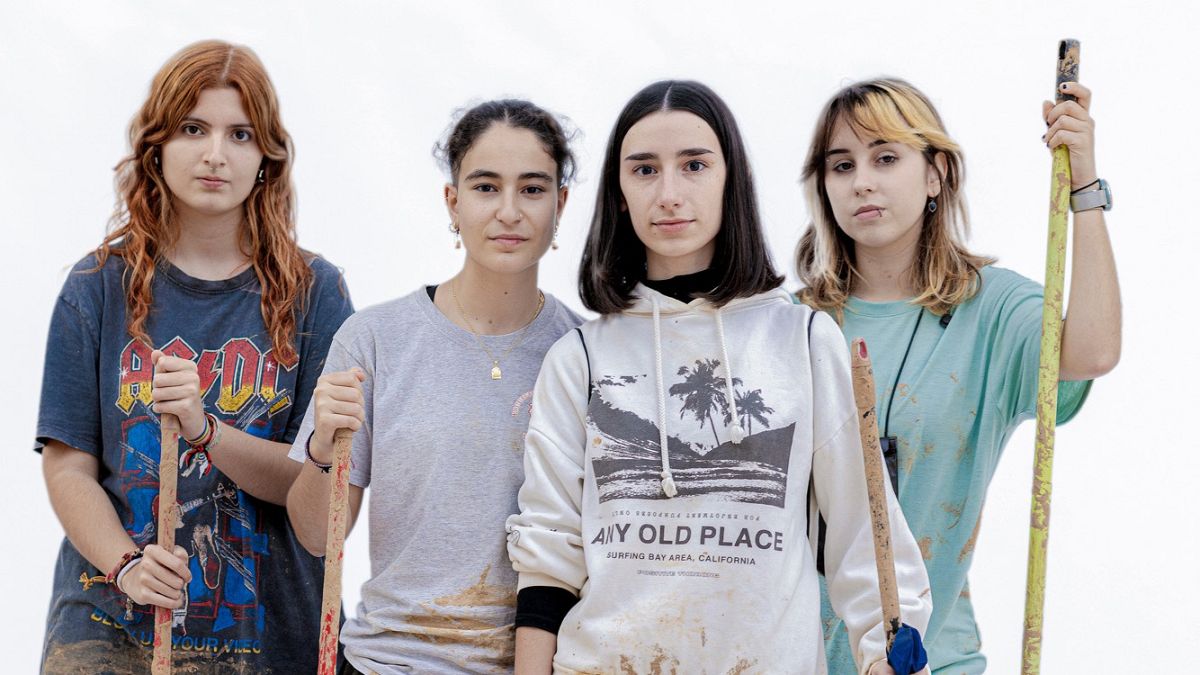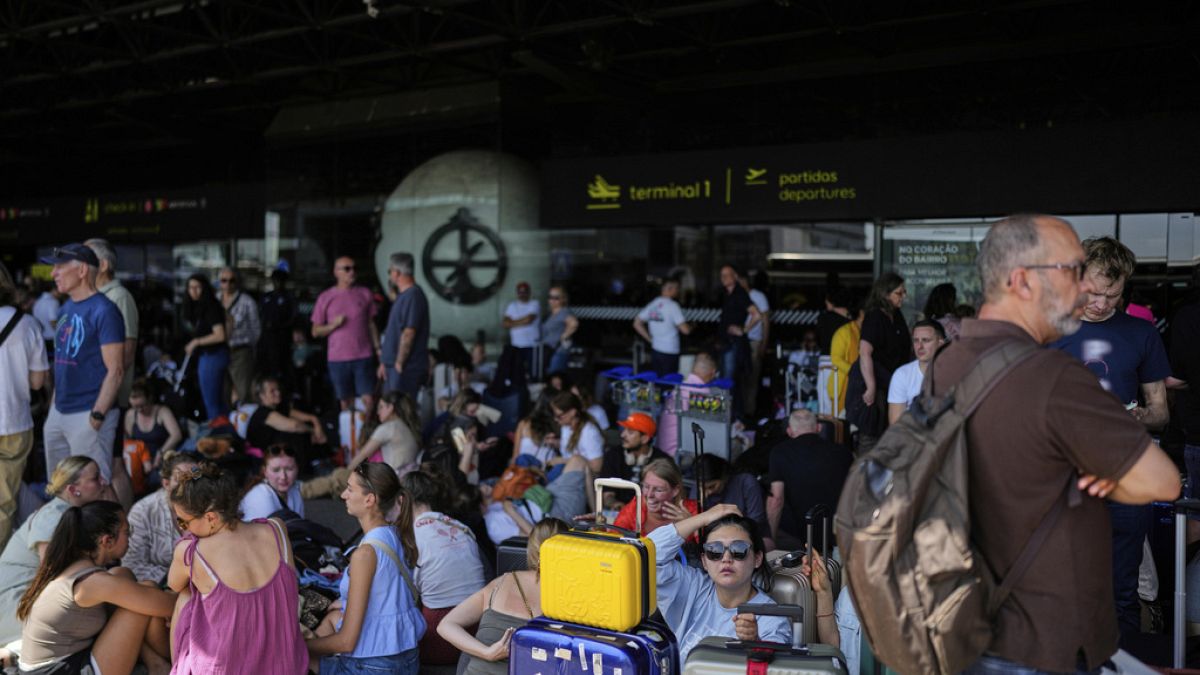Here’s why Europe is watching Spain’s regional elections
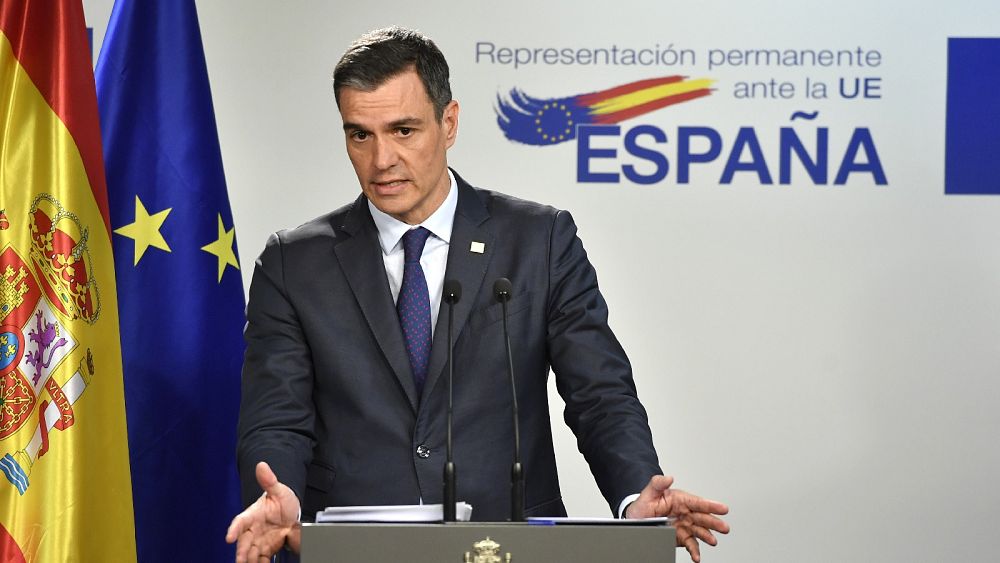
This month’s regional election in Spain sets the stage for the general election held six months later.
Spaniards will head to the polls later this month to elect over 8,000 local councillors and 12 regional governments.
The elections on May 28 come just six months before Spain must vote for a new national government which polls show could bring either a left or right-wing coalition to power as neither of the two traditional parties are expected to win enough seats to form a majority government.
Instead, they will need to rely on the support of smaller parties, including separatist and far-right parties, to gain power.
The results of May’s regional votes will offer the clearest idea yet as to whether Spain’s minority socialist government will survive, or whether the conservative People’s Party (PP) will form a government with far-right VOX.
Key regions which could change hands
Only 12 of the 17 autonomous regions will hold votes for their regional governments – Andalucia, Galicia, the Basque Country, Catalonia and Castile-León will hold theirs in 2024.
Out of the regions which will go to the polls, Valencia, Aragon, La Rioja, Castilla La-Mancha, Cantabria and the Balearic Islands are the most likely to see close fights with the regions possibly changing hands.
Any regions that do change hands will help determine the mood and momentum of the different parties as they head toward the national vote.
“The results of these regional elections will, for sure, have an impact on the national elections,” Xavier Coller, a Professor of Political Science at UNED University, told Euronews.
However, the regional elections are not just likely to influence the general election, they’re also being influenced by it.
José Olivas, who specialises in Spanish politics and populism claimed that “the upcoming general election is actually already shaping the campaign and the results are going to be interpreted very much with the general elections in mind”.
A fractured political landscape
Prior to 2015, Spain’s politics had been dominated by the two main parties, the left-wing PSOE and the right-wing PP.
However, the emergence and success of new parties, left-wing Podemos and centre-right Ciudadanos originally, followed by the far-right VOX party, have since ended the days of absolute majorities for the foreseeable future.
Since 2015 Ciudadanos has seen its support collapse, losing 47 of its 57 seats in the November 2019 general election, with the party now in a fight for political relevance and survival.
The entry of new parties led to an increase in political instability; Spain went through four elections in four years, resulting in the country’s first nationwide coalition since the Second Republic fell to General Francisco Franco in 1939.
The left works with controversial separatist groups
Under the coalition, Prime Minister Pedro Sánchez’s minority government has had to work with smaller parties including Basque and Catalan secessionists to pass key budgets, a move which prompted anger from the opposition and some from his own party.
EH Bildu was one of those regional parties that voted for Sánchez’s budget.
The party is seen as the heir to Batasuna, which was banned in 2003 for being the political wing of the now-defunct terrorist group ETA, which is blamed for the deaths of at least 853 people in its four-decade campaign of violence for an independent Basque Country.
The issue of working with these groups has taken an unexpected early centre-stage position in the regional elections after EH Bildu unveiled its proposed list of candidates. Amongst them are 44 convicted members of ETA, seven of whom were convicted of murder.
Speaking from the White House where he was on an official visit last week, Sánchez said that “there are things that may be legal but are not decent and this is one of them”.
EH Bildu has since said the seven candidates convicted of murder will not stand, but insists the other candidates should have the right to run under a free democracy.
The controversy is providing PP and VOX with plenty of political ammunition and despite efforts from PSOE to draw a line under the issue, it may now become a key electoral topic.
Beware of the far-right
At the same time that PP warns of a left-wing coalition that relies on separatists, it refuses to say whether it would form a coalition with far-right VOX in December’s general election.
The two parties are already in coalition in Castille-León and polls show that PP may need to form more coalitions with VOX at both regional and national levels in the future.
VOX caused an outcry in January when it proposed that abortion clinics should be forced to offer women images of their foetus and listen to its heartbeat before abortions.
It also caused outrage in 2020 when its leader, Santiago Abascal, told Pedro Sánchez that he headed the worst government in 80 years, a period which includes the dictatorship of Francisco Franco.
Xavier Coller highlighted the irony of both sides trying to attack the other for what they themselves are doing.
“It’s very funny because they are accusing each other of becoming radicalised. And both of them are using the radical vote to the right and to the left in order to keep governing. So that’s a paradox. It’s a funny situation.”
The economy, climate change and Pedro Sánchez
Each party is keen to highlight certain issues on which they think they will perform well.
PSOE, Coller said, “is showing off the economic results of lower unemployment than three years ago, good economic growth and the number of bills passed protecting the less privileged”.
Meanwhile PP, he added, is trying to erode the image of the Prime Minister and his type of politics – known as Sánchismo. In particular, they argue that “Pedro Sanchez has been governing with the help of former terrorists who have never said, I’m sorry and so forth, which to some extent is true, but to some extent is not true,” Coller said.
Another key issue that will affect the regional elections in certain areas is the effect of climate change, especially in the South which has seen record temperatures for April.
The issue of water usage has become a national issue after a bitter disagreement over the protection of Doñana National Park and a decision to limit the diversion of water from the Tagus for crop irrigation.
With just under two weeks to go, anything could happen, but José Olivas predicts that: “Each of the parties is going to have enough success stories for them to use in their campaigns for the coming general election and in a way they will be able to kind of hide their weakest results”.
One thing’s for sure, Spain’s political parties will be on election footing until a new nationwide government is elected.
Source: Euro News



